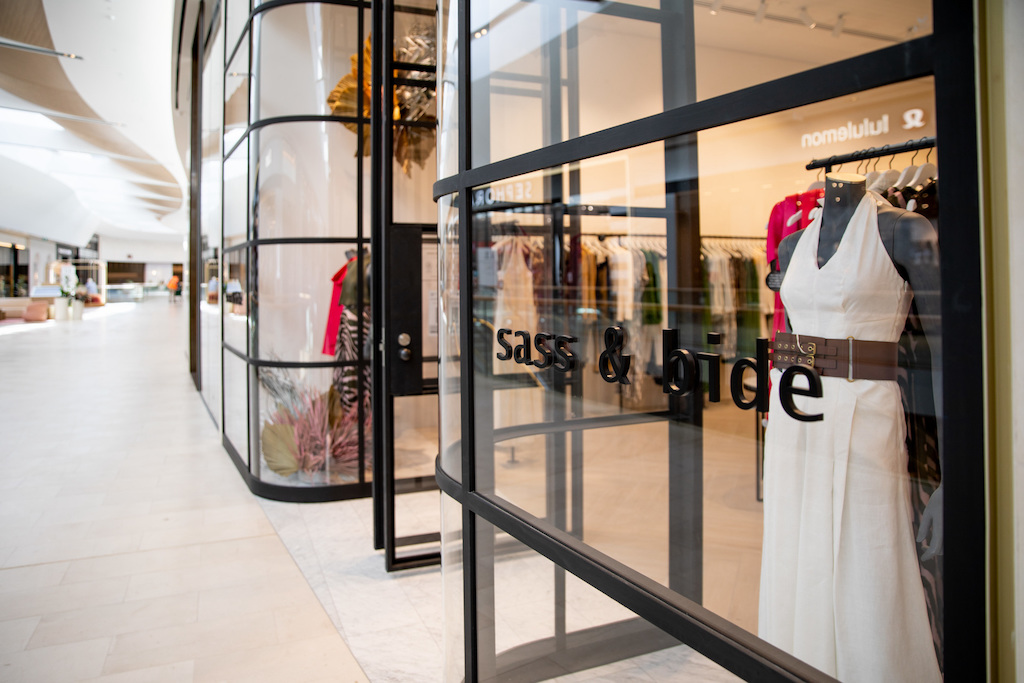WGSN, a major trend-forecaster for the beauty, skincare, and retail sector, has flagged tech-ceptance as one of the big ideas for the beauty industry in 2023.
The concept of tech-ceptance revolves around increasing customer acceptance of technology in products. COVID-19 accelerated digital retail, with the introduction of the Metaverse in 2021 seeing many retailers providing AR and VR experiences such as Gucci’s Gucci Garden Exhibit on Roblox. However, the next phase of tech-ceptance moves the focus from the purely digital space and places emphasis on technological advancement at every level, including the physical product itself.

To put it simply, businesses need to be willing to invest in implementing technological advancement into their products and services, creating a foundation for long term success by investing in compliance early on.
We are already seeing a rise in active science products such as LED masks and electric toothbrushes, a true testament to how technology is becoming more integrated into our daily lives. However, many brands are pushing the boundaries and taking this one step further, such as Iris Van Herpen, a European designer who is experimenting with entirely 3D printed clothing.
With 3D printing empowering individuals to create their own products from the comfort of their home, more than ever, people have a strong desire to make personal changes to the things they purchase—from their food and clothing items to their technology.

The ability to customize products is becoming ever more important in today’s highly-competitive global marketplace. Allowing for product customization allows businesses to gain a competitive advantage over the competition, which is vital in an increasingly competitive environment. By offering customisation, you are giving power back to the consumer, which can lead to either a huge increase or downfall in sales for certain products. Implementing quizzes, such as haircare brand Function of Beauty, to provide entirely custom, tailored products, can prove not only a clever marketing tactic, but produce substantial brand reputation and loyalty.
Technology implementation can also be used at the very beginning of a customer journey to provide benefits to both customer and retailer during product development. Implementation of unique AI enhancements, such as Proctor & Gamble’s Beauty ChatBot, have proven to be a useful resource for both customer and brand.
With millions of people using able to answer questions each day from a variety of retailers, brands have an opportunity to collect more data on consumer preferences and behaviours than ever before. By using AI technology, chatbots can also answer questions about products and provide in-depth recommendations for specific products based on a variety of factors. Personalised skincare brand Software, for example, scans the face of new customers for problem areas to recommend a customised skincare routine based off of a selfie.
Ultimately, it is up to consumers to determine whether they will adopt the technology, however with wealth distribution shifting towards Millenial and Gen-Z generations, who are digital natives by birth-right, the future is looking promising for the adoption of digital advancement and tech-ceptance.

